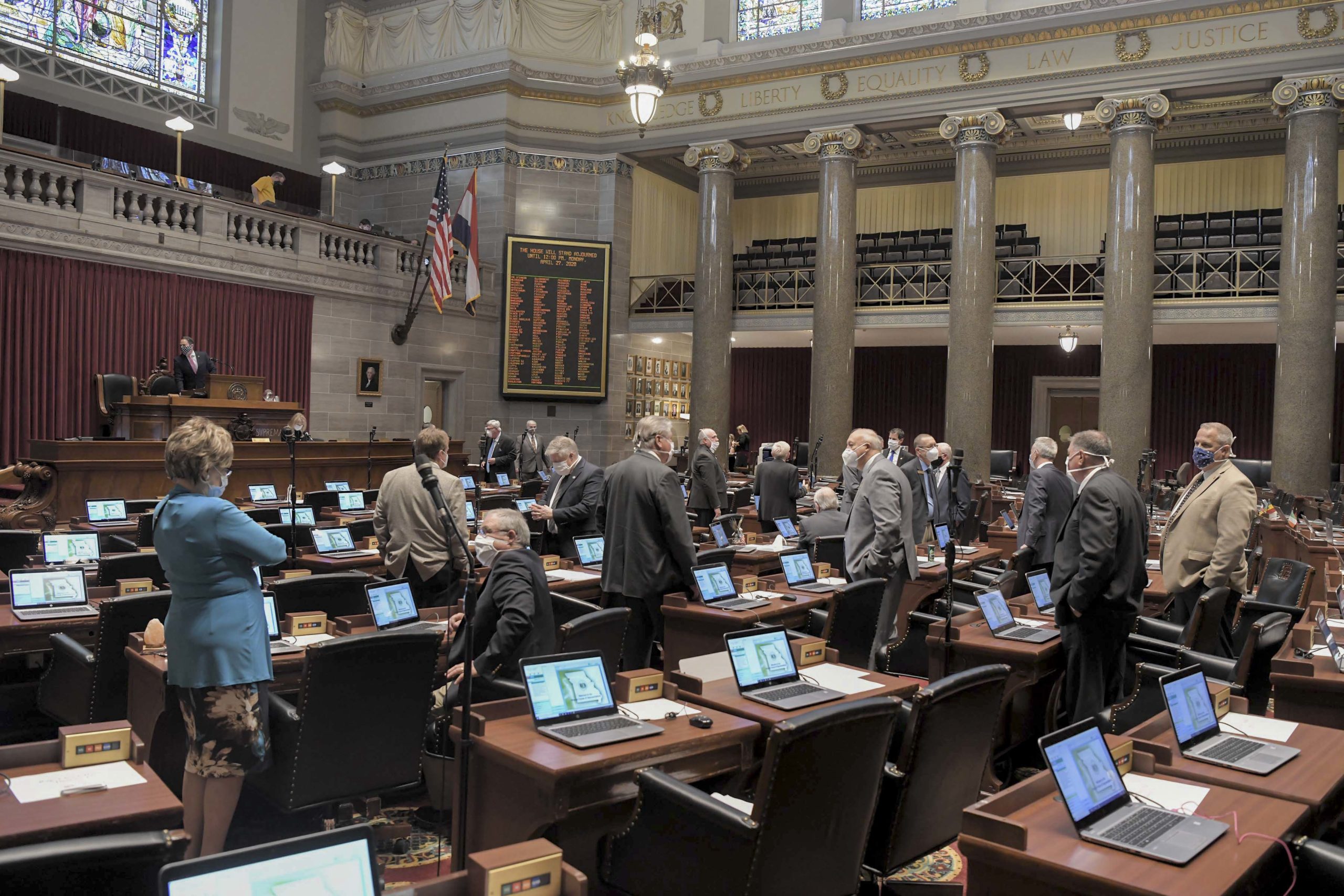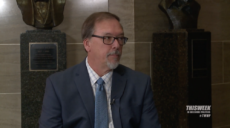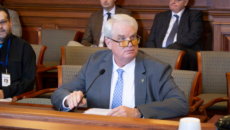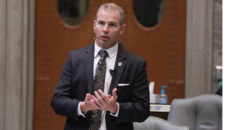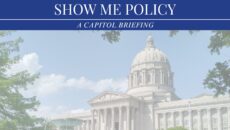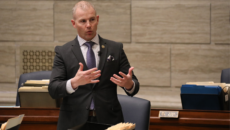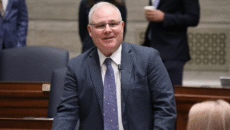JEFFERSON CITY, Mo. — The Missouri General Assembly passed an omnibus health care bill — which includes coverage of COVID-19 testing — on the last day of session.
HB 1682 began as a bill prohibiting the use of vaping products in public schools and on school busses but grew to an omnibus bill with a 10-hour debate in the Senate on Wednesday. Then, more than a dozen of a proposed 19 were adopted.
The bill designates May as Health Awareness Month, allows physician assistants to be staff on ambulances, grants reciprocity for “do not resuscitate” orders, and sets requirements for medical marijuana telehealth services, among a myriad of health care issues. The amendments caused extensive debate in the Senate but did not see nearly as much conversation during the last day in the House.
“I said I would strip back the changes if I disagreed with anything, but I do not,” Rep. David Wood, the bill’s sponsor, said in his opening statements on the floor.
Debate covered Sunshine Law regulations on records, the scope of the omnibus bill in relation to the existing law, pharmacies, telehealth, drug prices, marijuana edibles, and the legitimacy of omnibus bills and the content therein. The Senate substitute was ultimately adopted by the House, and the omnibus bill was truly agreed to and finally passed with a vote of 125-19.
Also included is an emergency clause for sections adding background check requirements to those applying for a medical marijuana license and additional COVID-19 testing. This was passed, allowing for the testing provision to go into effect before the rest of the bill would in August.
”While I would have preferred different circumstances, I am glad that we were able to pass many pieces of healthcare legislation in HB 1682,” Wood told The Missouri Times. “It is a bit ironic that a bill that was inspired by two high school students wanting to make a difference with vaping gets turned into the only health care bill to make it through the process.”
The omnibus bill also adds Senator Jill Schupp’s “Postpartum Depression Care Act,” which intends to help new mothers struggling with symptoms of postpartum depression. The provision would allow those suffering one year of care through Medicaid rather than the previous limit of six weeks.
“Missouri ranks sixth in the nation for its high rate of maternal mortality, with postpartum suicide as the second leading cause of death for new mothers. These deaths are preventable and the underlying issues are treatable,” Schupp said in a statement. “I am grateful to have bipartisan support for this legislation that will save lives and help keep new families healthy and safe. With the added stress and concerns for new mothers during the COVID-19 pandemic, this legislation is more important than ever.”
Another added portion is Sen. John Rizzo’s provision that ”any Missouri resident whose health care provider recommends that he or she receive a COVID-19 test shall receive such test and the results of the test at no cost.” This provision, utilizing federal funds, is meant to prevent price gouging as well as insurers rolling back COVID-19 coverage.
EDITOR’S NOTE: For up-to-date information on coronavirus, check with the CDC and DHSS.

